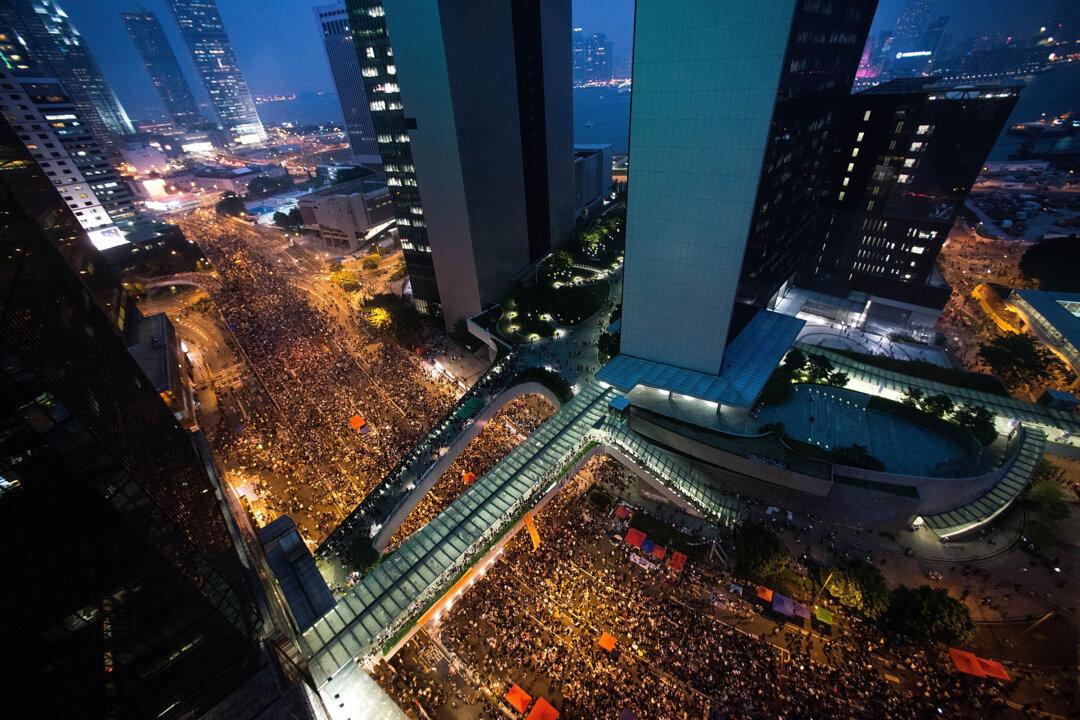With this week’s revelation of the Chinese Communist Party (CCP) Politburo Standing Committee’s new lineup, the world got to know who will be the most powerful men to rule China for the next five years.
Included within the Chinese regime’s authority are the financial hubs Hong Kong and Macau. Who among the seven men in the Standing Committee, the CCP’s top decision-making body, will be in charge of the two special administrative regions?





